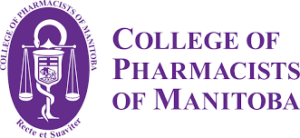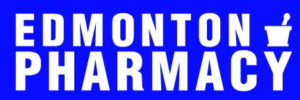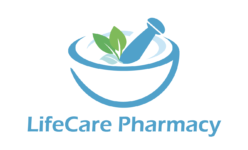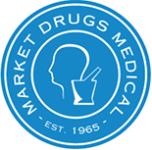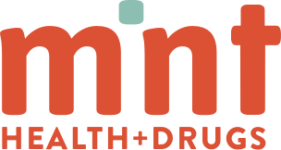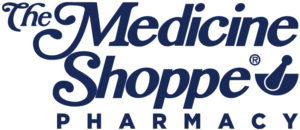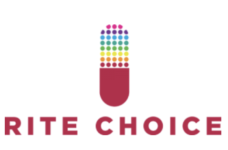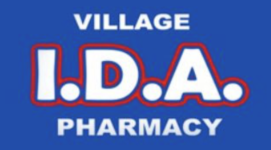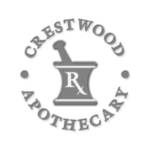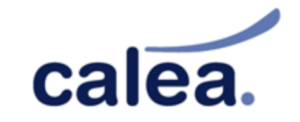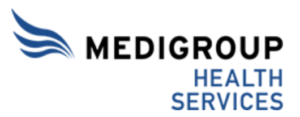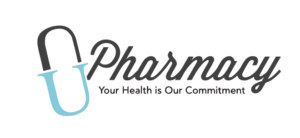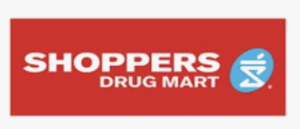Quality Assurance – Who has time for this?
QUALITY ASSURANCE IS MORE THAT JUST STANDARD OPERATING PROCEDURES
In both the provincial and national non-sterile compounding standards and guidelines, pharmacy professionals are required to develop a Quality Assurance Program (QA).
What is QA? It sounds like a ton of work, and you are right, it is. However, it is your primary mechanism to ensure that you are creating a quality compounded preparation in an environment that is safe for your pharmacy team.
Standard Operating Procedures (SOPs) must be created and implemented to ensure the clear definition, application, and verification affecting the quality of the final compounded product and the protection of personnel. At minimum your SOPs should address the following components of your compounding practice:
- Personnel and Facilities
- Obligations of personnel
- Training and assessment of personnel
- Delegation and appropriate supervision of activities
- Facilities and equipment
- Compounded Non-sterile Preparations
- Quality Assurance Program
SOPs must be clear and provide detailed descriptions of all activities including cleaning. They must be reviewed, at a minimum, every three years. They must be promptly updated if there is a change in compounding practice or standard.
Your QA program is a means to verify that your SOPs are being followed by the pharmacy team. Your QA program must address the following for your compounding practice:
- Verification and maintenance of equipment
- Verification of appropriate storage of ingredients, i.e., temperature
- Environmental control of facilities and primary engineering control(s), i.e., room temperature and humidity, pressure verification
- Environmental monitoring of chemical contamination for hazardous products
- Quality assurance of compounded non-sterile preparations, i.e., applicable policies are available, compliance with prescription, documentation
I often hear the terms “alpha gap” and “beta gap” as they refer to compliance:
- alpha gap describes the lack of an applicable policy to address an aspect of your compounding practice; whereas
- beta gap describes the lack of compliance with an existing policy.
The creation of SOPs addresses the alpha gap; QA, the beta gap.
And perhaps most importantly, even though the creation of your QA program can be extremely time consuming and sometimes costly, you must have an individualized QA program. This is what ensures your compounders are safe and your patients are receiving a quality product.
Reference: Guidance Document for Pharmacy Compounding of Non-sterile Preparations, Alberta College of Pharmacy. Retrieved from https://abpharmacy.ca/sites/default/files/Guidance_Pharmacy_Non-sterile_Compounding.pdf

